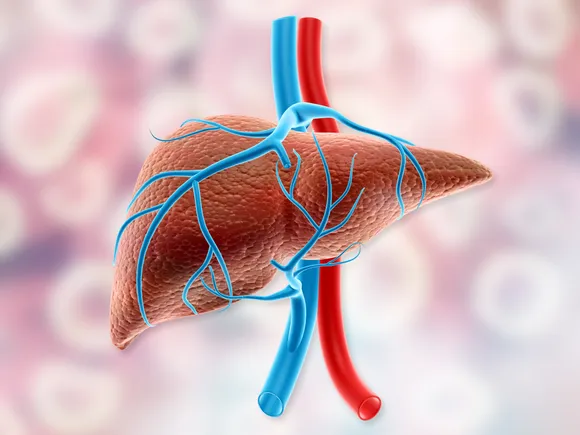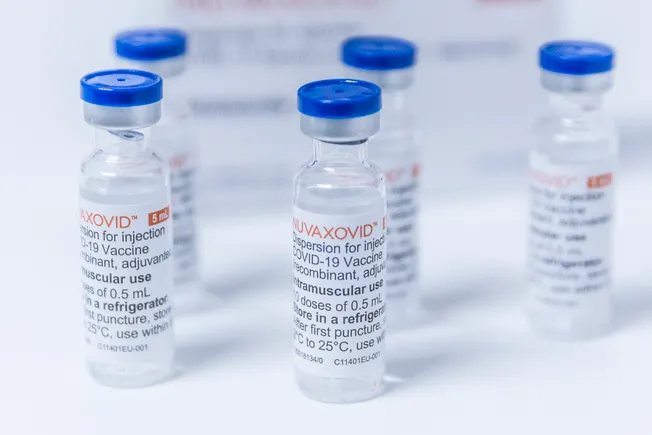Lilly to pour $5B more into expanding Zepbound, Mounjaro production


Eli Lilly plans to spend another $5.3 billion building production capacity for its popular obesity and diabetes drugs, responding to immense demand for the medicines with what it claims is now the largest investment of its kind in U.S. history.
The commitment announced by Lilly Friday adds to $3.7 billion the drugmaker already planned to invest in a manufacturing site it’s constructing in Lebanon, Indiana, some 30 miles from its corporate headquarters in Indianapolis.
The site will help Lilly make the active drug ingredient tirzepatide, which is in its weight loss shot Zepbound and diabetes treatment Mounjaro. Despite pressing hard to expand manufacturing capacity, Lilly has so far had trouble keeping the drugs in steady supply. Certain dose strengths of both products are currently listed as in shortage by the Food and Drug Administration, with limited availability at least through the end of June.
Clinical trial results have proven tirzepatide to be powerfully effective at managing blood sugar in people with diabetes, and for shedding pounds in people who are obese or overweight. Studies conducted by Lilly’s rival Novo Nordisk, meanwhile, have indicated that drugs of this type — so-called GLP-1 agonists — hold benefits for the heart and kidney, too. The companies are also testing their respective medicines in other associated conditions, from sleep apnea to a common liver disease called MASH.
The cumulative result has been a revolution of sorts in how physicians think about treating people with diabetes or obesity, and soaring consumer interest in Lilly’s and Novo’s drugs.
The companies have made significant investments in manufacturing to keep up, both by building new facilities and by buying existing sites. Novo, for example, acquired three plants from its parent Novo Holdings as part of a $16.5 billion deal by the latter company to buy the large contract drugmaker Catalent. More recently, Lilly agreed to acquire a site from Nexus Pharmaceuticals.
All told, Lilly has committed over the past four-and-a-half years to spend more than $18 billion on building, refitting and acquiring drug factories in the U.S. and Europe. Much of that spending has yet to take place, but already Lilly’s annual capital expenditures are at a 10-year high.
The company said the Lebanon facilities will employ 900 full-time staff when they are fully operational. It expects to begin making medicines there toward the end of 2026 and scaling up through 2028.
Lilly reported $1.8 billion in sales for Mounjaro over the first three months of 2024, and $517 million for Zepbound. Even with ongoing supply issues, the company raised its revenue forecast for the year by $2 billion in anticipation of rising sales for the two drugs.
Analysts expect Zepbound and Novo’s rival Wegovy to become some of the best-selling drugs in the pharmaceutical industry and are penciling in peak yearly sales for the broader GLP-1 class as high as $100 billion.
This post has been syndicated from a third-party source. View the original article here.




